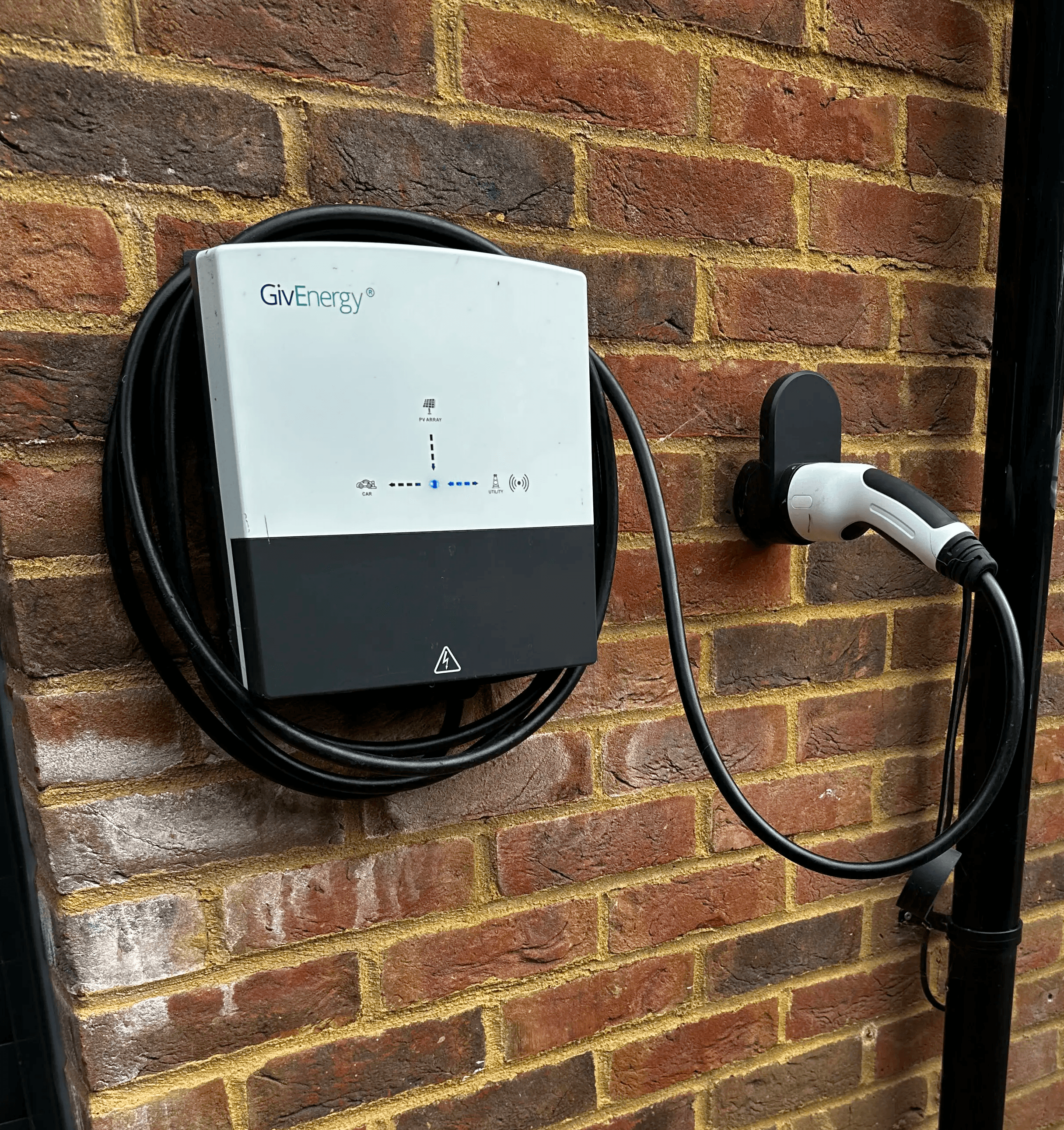Your Guide to Going Solar: Steps for Homes and Businesses
Rising energy costs and the escalating climate crisis have prompted the UK government to consider introducing initiatives aimed at making solar energy adoption more affordable and accessible. While detailed information has yet to be published, these programmes are expected to empower homeowners and businesses to embrace renewable energy, contributing to the nation’s goal of net-zero carbon emissions by 2050. It is anticipated that the initiatives will focus on low-income households. But what do these programmes entail, and how can you prepare for a solar-powered future? Whether you are already planning a solar installation or hope to benefit from the pending government scheme, this guide will help you make the most of these opportunities.
Making the Most of Your Solar Investment
1. Evaluate Your Energy Needs
Begin by reviewing your energy bills to understand your consumption patterns. This will help you estimate the amount of energy your solar system needs to generate.
Determine your goals: Do you want to offset all or part of your electricity use? Will you include battery storage for backup power?
2. Assess Your Property’s Solar Potential
Consider these factors to determine if your property is suitable for solar energy:
Roof Orientation and Angle: South-facing roofs are ideal for maximum sunlight exposure. However, any primary roof facing anywhere between east, south and west can provide a benefit. In addition, panels can be installed at any inclination greater than 5 degrees.
Shading: Avoid areas shaded by trees or buildings.
Available Space: Ensure your roof has sufficient space to accommodate the required number of solar panels. Most Solar PV systems are installed under Permitted Development rights, meaning location and position must comply with these rules.
For a professional assessment, consider a site survey from a trusted provider like Chiltern Solar. They can talk you through all the options available, helping you make an informed decision.
3. Research Incentives and Costs
Explore schemes such as the Smart Export Guarantee (SEG), which allows you to sell surplus electricity back to the grid. Compare quotes from multiple providers, focusing on pricing, warranties, and financing options.
4. Choose a Certified Installer
Select an installer accredited by the Microgeneration Certification Scheme (MCS). Look for strong customer reviews. For instance, Chiltern Solar is MCS and RECC-certified, employs qualified electricians through NAPIT, and boasts over 150 five-star Google reviews.
5. Research Solar Options
Explore the different solar technologies available:
Types of Systems:
Grid-Tied: The most common and cost-effective, connected to the grid.
Off-Grid: Provides electricity to areas where electricity from the National Grid is not available.
Solar Panels: Compare options such as monocrystalline, polycrystalline, and thin-film panels based on efficiency, durability, and cost.
Inverters: Choose the correct type to suit your application: string inverters, hybrid inverters, microinverters, and AC chargers. Chiltern Solar offers the latest technologies to suit your budget.
6. Financial Planning
Budget: Understand the total cost of the system, including panels, inverters, mounting, installation, and permits. Chiltern Solar provides no-obligation quotes and advice. Speak to one of their expert advisers.
Incentives: Research government subsidies, tax credits, and local rebates.
Financing: Explore outright purchasing, loans, leases, or power purchase agreements (PPAs). Chiltern Solar offers competitive finance options for both residential and commercial solar systems.
7. Plan for Maintenance
Solar panels require minimal maintenance but benefit from periodic inspections. High-quality panels typically last 25 to 30 years. Chiltern Solar offers maintenance packages to keep your system running efficiently.
8. Prepare for Installation
Your installer should handle all permissions, building regulations, and compliance requirements to ensure a smooth installation. A company like Chiltern Solar can manage these steps on your behalf.
Energy-Proofing Your Home
While adopting solar energy is a great start, improving your home’s energy efficiency maximises its benefits.
1. Conduct an Energy Audit
Identify areas of energy loss through a professional audit or tools like energy monitors. Common issues include poor insulation, draughts, and inefficient appliances.
2. Improve Insulation
Loft Insulation: Prevent heat from escaping through your roof.
Wall Insulation: Use cavity or solid wall insulation, depending on your property type.
Floor Insulation: Insulate under suspended floors and seal gaps to reduce heat loss.
3. Upgrade Windows and Doors
Replace single glazing with double or triple glazing to improve thermal efficiency. Draught-proof doors and windows to keep your home warm.
4. Modernise Heating Systems
Upgrade to a condensing boiler or, better still, renewable options like heat pumps. Use smart thermostats for efficient heating control and service your system regularly.
5. Switch to Energy-Efficient Lighting
Replace traditional incandescent bulbs with LEDs, which consume considerably less energy and last longer. Consider motion sensors or timers for outdoor lighting to minimise waste.
6. Pair Energy Efficiency with Renewables
Combine energy-saving measures with solar panels, battery storage, mechanical ventilation heat recovery, and heat pumps to maximise sustainability and cost savings.
7. Develop Energy-Saving Habits
Simple changes, such as reducing the room thermostat by 2 degrees, turning off unused appliances, running devices during off-peak hours, and minimising tumble dryer use, can result in significant savings.
8. Monitor and Optimise Energy Use
Use smart meters to track your energy usage and identify areas for improvement.
The Benefits of Solar Energy for Homes and Businesses
For Homeowners:
Lower Energy Bills: Generating your own electricity significantly reduces reliance on traditional energy providers, leading to substantial savings over time.
Energy Independence: Protect yourself from rising energy prices and potential supply disruptions.
Environmental Impact: Installing solar panels helps combat climate change by reducing greenhouse gas emissions.
Long-Term Savings: Solar systems often pay for themselves within 7–10 years and last 25–30 years.
For Businesses:
Cost Savings: Generate electricity on-site to lower operational costs and shield your business from fluctuating energy prices.
Sustainability: Demonstrate a strong commitment to environmental responsibility, boosting your brand reputation and fostering customer loyalty.
Regulatory Compliance: Meet or exceed environmental regulations while actively reducing your carbon footprint.
Future-Proofing: Position your business as a leader in the transition to a low-carbon economy, staying ahead of industry trends and consumer expectations.
UK Government Solar Energy Initiatives (2025)
The UK government may offer the following as part of its initiative to encourage the adoption of clean energy technologies:
Grants for Solar Panels and Heat Pumps: Upfront grants for low-income or fuel-poor households to install solar panels, batteries, and heat pumps.
Energy Efficiency Funding: Access to funding under the £6.6 billion energy efficiency improvement plan to make homes more sustainable and reduce energy consumption.
Incentives for Selling Energy: Opportunities to sell excess electricity generated from solar panels back to the grid, providing an additional income stream for households.
Get Expert Guidance from Chiltern Solar
Choosing the right solar energy solution can feel daunting, but Chiltern Solar simplifies the process. Whether you want to lower energy bills, embrace renewable energy, or increase your property’s value, their expert team is ready to help.
Chiltern Solar provides personalised solutions tailored to your needs, offering support from consultation to installation and beyond. With honest advice, quality service, and comprehensive maintenance packages, they ensure your transition to solar is seamless.
Contact Chiltern Solar for a no-obligation consultation and free quote. Their friendly team is here to answer your questions, explain government incentives, and help you bring renewable energy to life.
Use our free solar quote tool
Answer a few questions, draw your roof and our free tool will give you an estimate of how much solar could save you and your household.
Takes 60 seconds
No bills or documents needed
Get a real price estimate with real hardware
Adjust system size and see impact on cost & savings

Posted by
Heidi Drewett
Marketing Manager
, Chiltern Solar
Heidi is consistently striving to provide you with the most accurate and helpful information about your solar solution.
Other contributors
Other team members that contributed to this article
Share this article
We'd really appreciate you helping to get the word out, you can share this page via any social media channels or to friends and family via WhatsApp.
Share on Facebook
Share on Twitter/X
Share on WhatsApp
Share via Email
Copy website address to clipboard
Other recommended news items
In our news items, we share company updates and commentary on wider events within the renewable energy market.
































